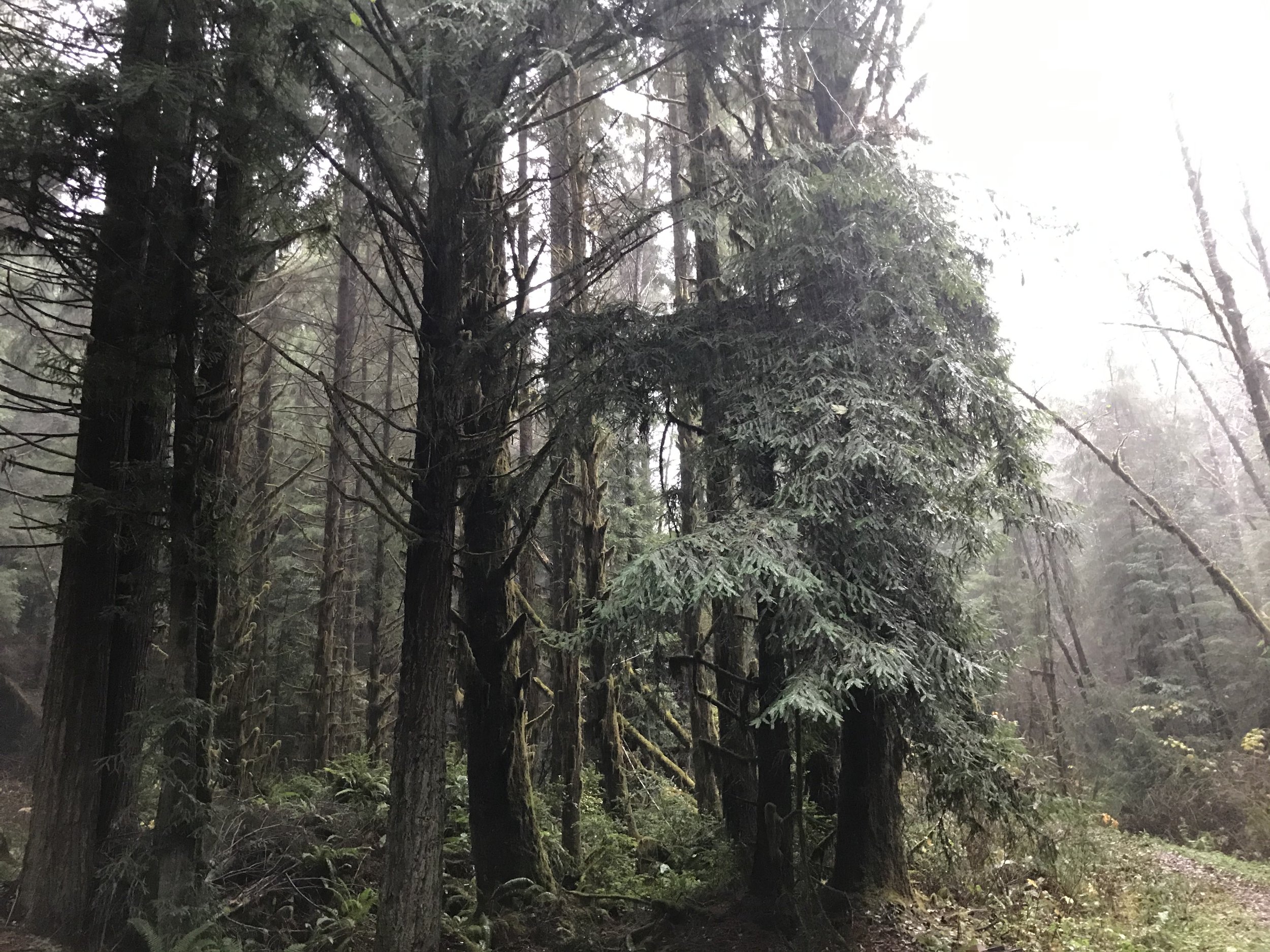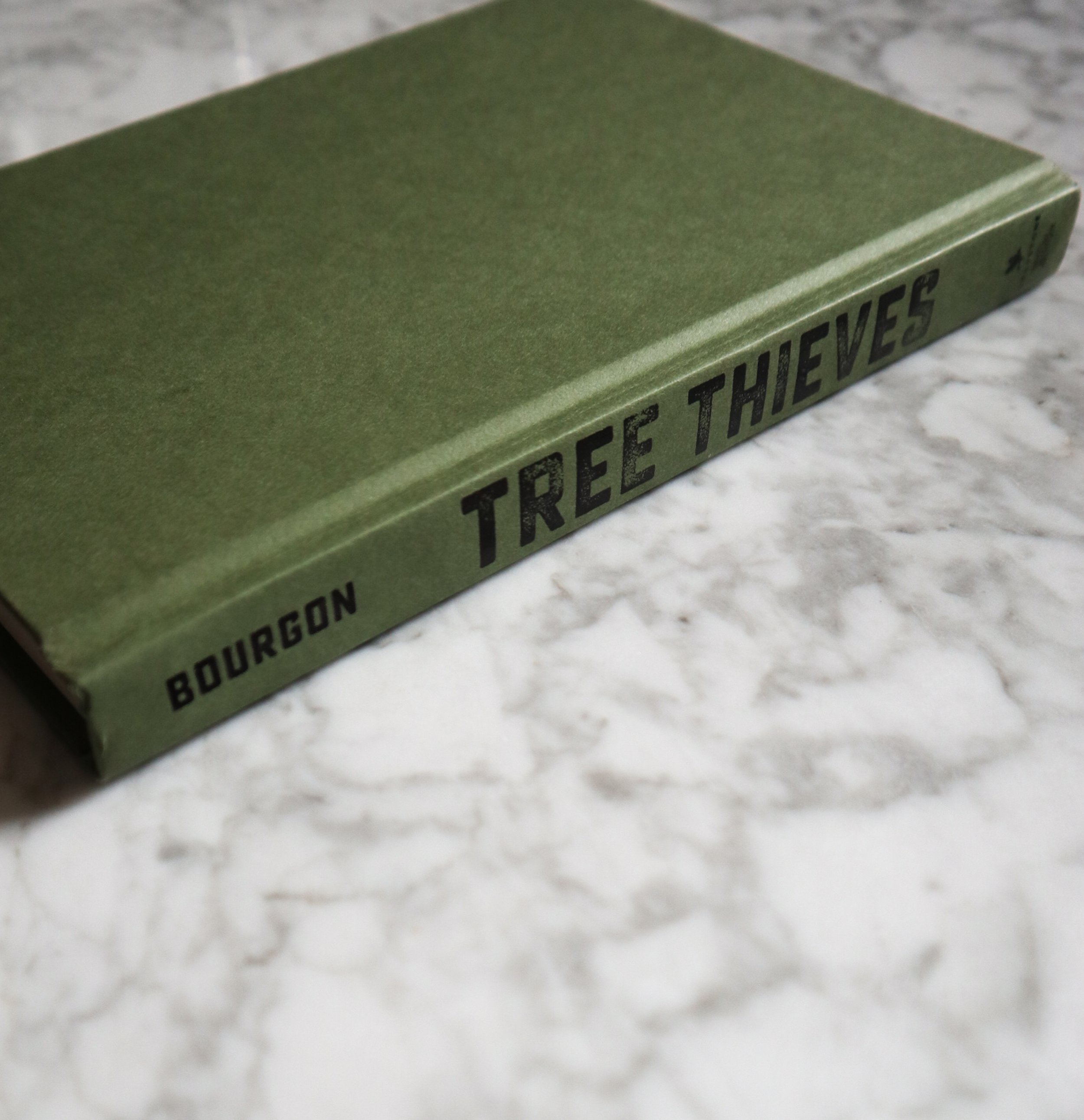
Wait -- people steal trees?
In the spring of 2012, an 800 year-old red cedar was stolen from Carmanah Walbran Provincial Park, on Vancouver Island. That year, I started digging into tree poaching cases up and down the Pacific Northwest — I would eventually come face to face with tree poachers, park rangers, forensic wood specialists, the enigmatic residents of former logging communities, environmental activists, and Indigenous communities along the way.
Photo courtesy of Torrance Coste, the Wilderness Committee
Deep in the thickets of North America’s ancient woodland, timber poachers fell some of the last remaining old growth on our continent. Redwood, cedar, and Douglas fir trees are all victims of poaching: sold on the black market, they end up in our homes as furniture and firewood.
Tree Thieves: Crime And Survival In North America's Woods
The 2022 Banff Mountain Book Competition Environmental Literature Award
- FINALIST -
The Society of Environmental Journalists’ Rachel Carson Environment Book Award
- HONOURABLE MENTION -
The PEN America/Kenneth R. Galbraith Award for Non-fiction
- LONG-LISTED -
The BC and Yukon Book Prizes, Hubert Evans Non-Fiction Award
- FINALIST -
The Columbia University/Nieman Foundation J. Anthony Lukas Award
- SHORT-LISTED -
Old-growth trees are invaluable and irreplaceable for both humans and wildlife, and are the oldest living things on earth. But the morality of tree poaching is complicated. In a story rooted in the materials of our everyday life, Tree Thieves contextualizes poaching as a form of deeply rooted protest, and a side effect of unemployment, deep poverty, and conservation practices that don’t include marginalized communities.
READ AN EXCERPT:
-
LIT HUB
On how I came to the subject
-
THE WALL STREET JOURNAL
On the U.S. Fish & Wildlife Service’s forensics lab
-
THE TELEGRAPH
On a case of redwood burl poaching
REVIEWS
IN CONVERSATION
THE CURRENT ON CBC
RURAL ASSEMBLY EVERYDAY RADIO
CANADALAND
INTO THE WILDERNESS
BACKCOUNTRY HUNTERS & ANGLERS
DRAFTING THE PAST











